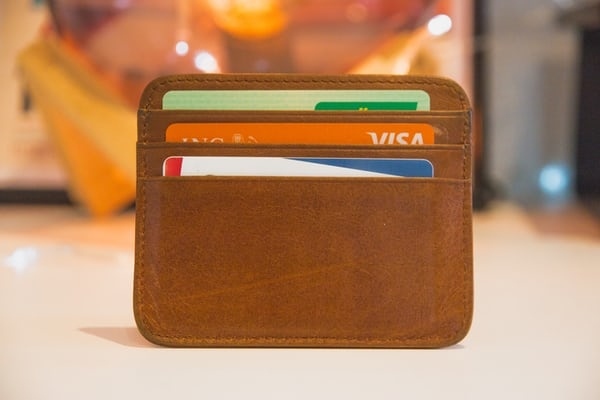Febelfin warns for bank card phishing
11 December 2020 - 4 min Reading time
- With bank card phishing, fraudsters try to get hold of your bank card and associated codes via e-mail, telephone, SMS or letter. They do this by claiming that your bank card needs to be replaced.
- More and more cases of this form of fraud are being reported. Bank card phishing via letters in particular is on the rise: customers receive a letter from the fraudsters in the name of their 'bank' stating that their bank card must be replaced. The letter states that the customer must send the bank card, together with the personal pin codes.
- Febelfin therefore calls for extra attention to these fraud attempts and also requests that such cases be reported.

How does it work?
By e-mail, telephone, SMS or letter, the fraudsters (on behalf of the bank) ask their victims to send their bank card to a specific address by post because their bank card supposedly needs to be replaced. They claim that a new card will be sent out soon.
We see that mainly bank card phishing via letter is currently on the rise. A form is included with the letter. On this form they ask for:
- Your name and telephone number
- Your card details
- Your personal PIN
They also sometimes ask you to cut your current bank card in half before sending it to give you a false sense of security. Attention! A bank card is only unusable when the chip is cut.
You may also be contacted online, in which case the fraudsters will send you a link that will take you to an unsafe website, and ask you to enter your PIN code and send your bank card by post.
So the criminals have your card and your codes in one swoop. It is important to remember: banks will never ask their customers for the PIN codes of their bank cards. They will also never ask you to send your bank card.
Febelfin therefore calls on you to be wary when someone contacts you with such a proposal. Never go into this.
How do you protect yourself against bank card phishing?
Febelfin would like to give you some important tips to protect yourself against this form of fraud:
- Don't just believe every email, text message or letter from “your bank”.
- Never send your bank card by post.
- Always keep the codes you create with the card reader secret, just like the pin code of your bank card. These are strictly personal and your bank will never ask for them. Not even by e-mail, SMS, telephone or letter.
- Is your bank card no longer in use? Then cut the chip in half! This way you can be sure that your card is no longer usable.
Scammed?
Follow immediately following steps:
Call Card Stop on 078 170 170 to block your card.
Notify your bank .
Collect all data to prove the facts and the damage suffered.
Immediately file a report with the police.
